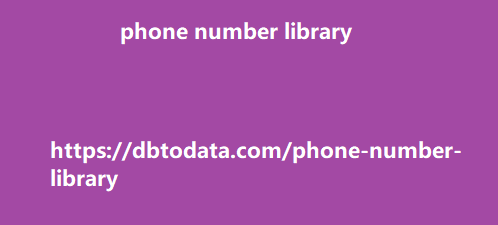Do publish dates affect rankings? Every day, millions of people are looking for fresh content on Google. For us SEOs, this means that when we publish content can be as important as what content we publish. We’ve already tackled what kind of content we should be focusing on; now, let’s focus on the when. Do dates on your blog posts affect rankings? To simply answer the question, yes, publishing dates may affect rankings. When a user performs a search, Google will try to provide the most relevant and recent search results. recent events, and other trending topics. Let’s say you Googled “best smartphone 2022.” It wouldn’t be right for Google to serve you a search result written in 2019 or 2018.
Let’s look at the search results
The top stories for the keyword “best smartphone 2022” was published two days ago as of writing: best smartphone 2022 The next couple of results were published five days ago and more. Some of these articles were published last December, but because they still answer my question, Google saw them to be relevant enough to put in the first page of the SERPs. best smartphone 2022 SERPs To further explain how dates affect rankings, Google released an algorithm update way back in 2011 called “Google Freshness Update.” The update aimed to improve Google’s algorithm called Query Deserves Freshness or “QDF” which identifies if a user is looking for up-to-date articles or not.
Now that Google improved its system
of identifying if a user is searching for the most recent content, articles that talked about recent news and events were highly impacted by the time and dates they were published. But what does this mean for months and year old content? At that time, the algorithm update affected about 35% of search results according to Google. This means old content is still useful and relevant. Remember that Google will only serve a user content that was recently published if it is applicable to their query. So let’s say you have a website that talks about cars. If you have articles about how to take care of cars that are well-written even though they were written several years ago, Google may still serve your content to users.
That is why evergreen content, as
mentioned earlier, is extremely important to your website. Google’s guidelines on dates Have you noticed that there are times Google shows the date an article was published in the search results and sometimes it doesn’t? According to Google’s guidelines, Google will choose to show the publishing date of an article if it is useful for the user, especially for news. So how does Google find out when an article was published? Google uses multiple ways. Here’s what they say on their guidelines: “Google doesn’t depend on a single dating factor because all factors can be prone to issues. That’s why our systems look at several factors to determine our best estimate of when a page was published or significantly updated.
” How does Google identify publishing dates
The visible date on time on the page austria phone number library There are two types of dates you can show on your articles: the exact publishing date or the date the article was last updated. According to the guidelines, the dates should be clearly visible to the users and should be properly labeled such as: Published: January 11, 2022 Last Updated: January 11, 2022 Check out this example. I wrote this article back in 2010 and I recently updated it. how to build backlinks to your website Structured data Google can use structured data on your articles if you have any subtype of CreativeWork schema implemented such as Article and BlogPosting schema. It will use the datePublished or dateModified in the markup.
XML Sitemap Your XML sitemap should
also include the publishing or last updated dates for your articles. It should look like this: xml sitemap Note: According to the Guidelines, the publishing date is required and the time is not. When should you change the publishing dates on your blog posts? In my opinion, the only time you should be changing the dates on your blog posts is when you make noticeable changes in existing articles. Maybe there is new data on surveys you cited or you have updates on your case studies. And when you do make changes make sure that you label it properly as “updated” not published again. This is a big thing for users as it is a sign that they can trust that you provide up-to-date information.
How about completely removing the dates
from blog posts? Some websites official account development: film and television remove the dates from their articles to show that their content is evergreen. Although it may look suspicious, some studies have shown that it can have a positive impact. Check out these case studies by ShoutMeLoud and UFO. Remember: Blog post dates is for user experience When implementing publishing dates on your blog posts or changing the dates to when an article was last updated, keep in mind that you are doing this for the user. I would also say that if you have evergreen content, it might not be necessary to update them at all. Some topics may have a higher click-through rate if dates are visible, while in some topics, age may give you more credibility.
I would recommend testing it out and finding
what works for your niche. How to buying house b enerate blog topics Content is king. There’s no doubt about that, but there are challenges when you have to continuously publish content regularly—you’ll run out of topics to write about. This is a challenge most bloggers, content marketers, and even SEOs will face at some point in their careers. Since the web is filled with competitors, there’s a high chance that a good number of them can produce content faster love can be achieved in the fastest time possible? Let’s find out.

